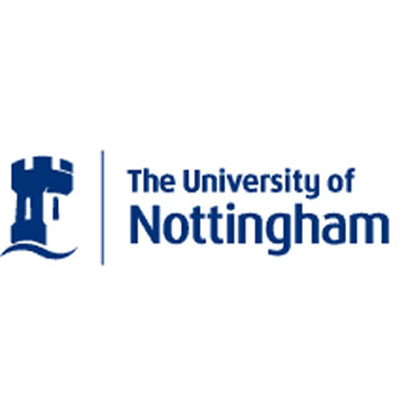International Relations MA
- Field Of Study:
- Arts, Humanities & Social Sciences
- Level Of Study:
- Postgraduate
- Course Subject:
- International Relations
- Course Intake:
- September
Programme Description
The MA in International Relations is a well-established and internationally-recognised degree that examines new developments in international politics and international relations theory. It is The University of Nottingham’s most popular postgraduate degree in the field of politics and has been run from the UK campus for two decades.
International relations (IR) studies the complex relations between and among states, societies, individuals, identities and cultures theoretically and empirically. The discipline of IR covers such areas as politics, security, economics and law. It considers some of the most burning questions of the day:
- How power and resources are allocated on the international stage?
- How, where and when is power exercised and justified, who is it exercised for, and why is it exercised in the way it is?
- And deeper questions relating to how we understand and conceptualise contemporary global transformations?
These issues are critical at the international level where the apparent monopoly of the nation state is increasingly being challenged by other actors such as international organisations, social movements, terrorist groups and multinational corporations.
Throughout the MA in International Relations you will approach the subject from a number of different perspectives: from a state-centric approach, exploring the strategic interaction of states on issues such as war, peace, conflict and cooperation; from the perspective of complex interdependence, which considers the totality of cross-border transactions; and from a ‘globalisation’ perspective, which focuses attention on the increasingly integrated global system of economic, social, technological and political processes.
The degree is open to students of any discipline or career background, and you will benefit from the diversity of our students’ experience and education, which adds to the breadth of our classroom discussions. This degree attracts applicants from across the world – ensuring that the issues debated are rarely arid or inconsequential, but bear directly on the lives of those in the class.
Commencing in September 2013 this course will be taught at our Teaching Centre in central Kuala Lumpur.
Career prospects
Postgraduate study in international relations will equip you for careers in a wide range of fields. We currently have graduates working in:
- foreign ministries
- international organisations
- international businesses and finance
- non-governmental and aid sectors
- international media and journalism
- local and national government
- think-tanks, policy advice, lobbying
- teaching and academic research
Course structure
The course is delivered in English and is delivered in either full-time (12 months) or part-time formats. You will be required to complete 180 credit points of work over the period of your studies: 120 credit points of taught modules and a 60 credit point dissertation, based on your own original research.
A part-time, evening-class variant of the degree is taught at Nottingham’s city-centre teaching facilities at the Chulan Tower, Jalan Conlay. The degree can therefore be taken by people based in KL, in full-time employment.
Entry Requirements
An upper second class honours degree (or international equivalent) in a relevant discipline. Mature applicants without any standard entry requirements but with substantial and relevant experience may be considered.
Other equivalent qualifications will be considered on a case-by-case basis.
Applicants must have graduated from an approved university
English language requirements
IELTS: 6.5 (no element below 6.0)
TOEFL (iBT): 88 (no element below 19)
PTE (Academic): 62 (minimum 55)
IELTS and TOEFL test results must be less than 2 years old and all IELTS must be the academic version of the test
Modules
Compulsory modules
- Global Perspectives on International Relations
- Research Methods and Design
- Dissertation
Elective modules include:
- Contemporary Diplomacy
- Terrorism in South and South East Asia
- The International Relations of South East Asia
- War and Resistance in the Contemporary World
- Global Political Economy
- International Development
- Civil Society and Global Development
- Development and Governance: Building Democracy in the Developing World
- Field Technologies
- International Business
- Modern Languages (currently French, German, Japanese, Korea, Mandarin, Spanish)
Source : The University of Nottingham
